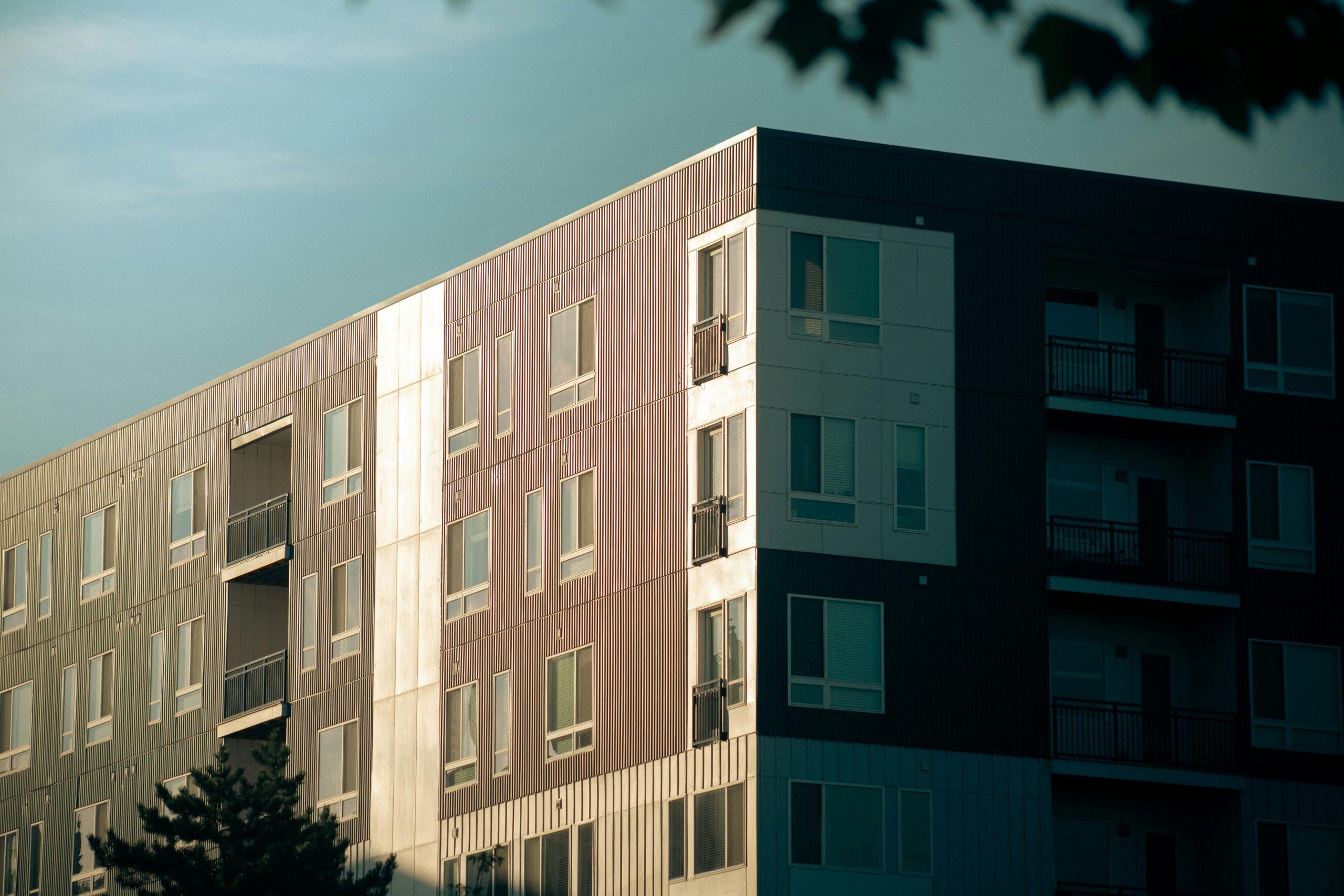The Future of Rental Housing Amid Economic Uncertainty
As the world continues to grapple with the impact of the ongoing pandemic and economic uncertainty, the rental housing market has been one of the most affected industries. With job losses, financial strains, and changing consumer behaviors, the future of rental housing is uncertain. However, it is also an industry that is constantly adapting and evolving, and it is crucial to examine what lies ahead for the rental housing sector in the midst of these challenging times.
The Current State of the Rental Housing Market
Before delving into the future, it is important to understand the current state of the rental housing market in light of the economic uncertainty brought about by the pandemic. The rental housing sector has been impacted by multiple factors, including renter behavior changes, economic challenges, and government interventions. According to the Census Bureau, the national rental vacancy rate has reached its highest level in over 30 years, signaling a decline in demand for rental housing. Additionally, as job losses and income reductions continue to affect people, many renters are struggling to make their monthly rent payments.
Risks for Landlords and Property Owners
With the decrease in demand for rental properties and potential financial strain on renters, landlords and property owners are facing a challenging scenario. The risk of vacancies, delayed rental payments, and even evictions looms large for landlords. As a result, landlords and property owners may be inclined to lower their rental rates to attract and retain tenants, leading to a decline in rental income and profitability.
The Impact of Government Interventions
In response to the economic uncertainty caused by the pandemic, governments around the world have implemented measures to support individuals and businesses, including renters and landlords. These measures have included rent freezes, eviction moratoriums, and financial aid for struggling renters. While these interventions have provided much-needed relief, they have also raised concerns about the long-term impact on the rental housing market. Landlords may be hesitant to invest in their properties or make necessary upgrades if they are not receiving full rental income, leading to potential declines in the quality of rental housing.
The Future of Rental Housing: What to Expect
Despite the current challenges, the rental housing industry has always been resilient and adaptable. With the uncertainty brought about by the pandemic, rental housing providers will need to navigate a new landscape and prepare for potential changes in renter behavior and market conditions. Here are some possible scenarios for the future of rental housing amid economic uncertainty.
Shifts in Renter Behavior
The pandemic has caused many people to reassess their living situations, leading to potential shifts in renter behavior. As more people continue to work from home, for example, renters may prioritize features such as home office spaces and high-speed internet when looking for a rental property. At the same time, people may also reconsider living in densely populated cities, leading to increased demand for rental properties in suburban or rural areas.
Emphasis on Health and Safety
With the ongoing threat of the virus, renters are likely to place a higher priority on health and safety when choosing a rental property. This could lead to an increase in demand for rental properties with features such as private entrances, outdoor spaces, and contactless amenities. Landlords and property owners may need to consider investing in upgrades and improvements that prioritize the health and safety of their tenants.
Changes in Rent and Rental Agreements
The economic uncertainty brought about by the pandemic may also lead to changes in rent prices and rental agreements. Landlords may need to offer more flexible lease terms to accommodate the unstable job market and potential changes in renter income. Additionally, lower demand for rental properties and potential financial strains may result in lower rent prices, at least in the short term.
In Conclusion
The future of rental housing amid economic uncertainty remains unclear, but it is certain that the industry will continue to face challenges and changes. In order to thrive in this ever-evolving landscape, landlords and property owners will need to stay informed, adaptable, and responsive to the changing needs and behaviors of renters. By understanding the current state of the market and anticipating potential shifts, the rental housing industry can navigate these uncertain times and emerge stronger in the long run.










